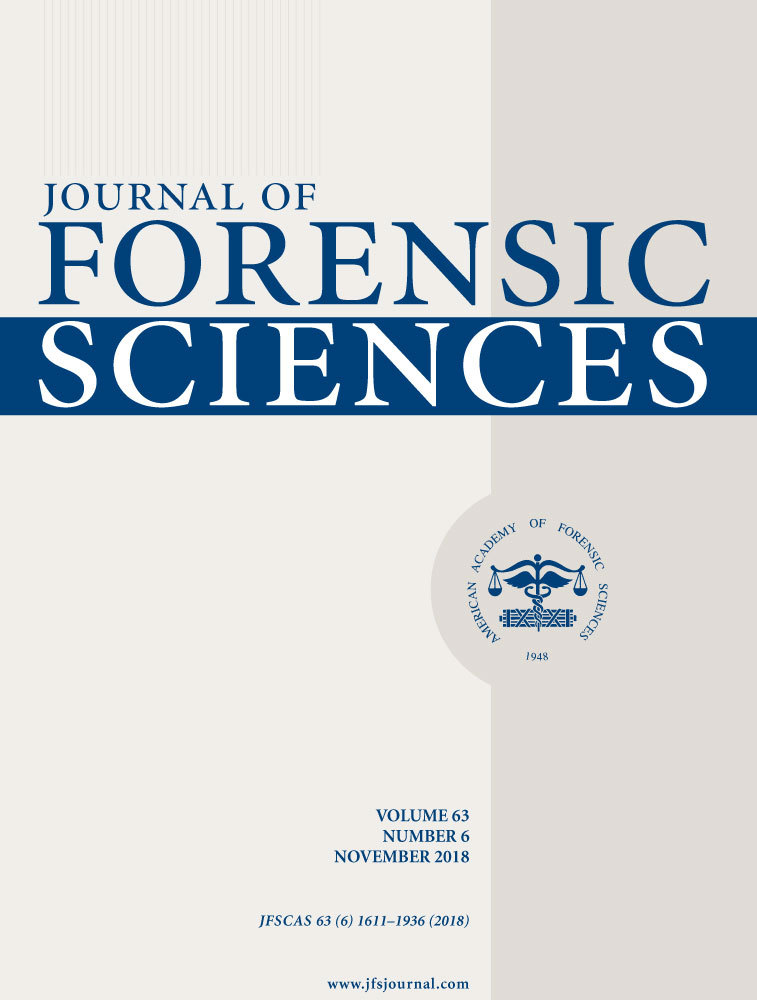GrigoraSNPs: Optimized Analysis of SNPs for DNA Forensics†, ‡
Abstract
High-throughput sequencing (HTS) of single nucleotide polymorphisms (SNPs) enables additional DNA forensic capabilities not attainable using traditional STR panels. However, the inclusion of sets of loci selected for mixture analysis, extended kinship, phenotype, biogeographic ancestry prediction, etc., can result in large panel sizes that are difficult to analyze in a rapid fashion. GrigoraSNP was developed to address the allele-calling bottleneck that was encountered when analyzing SNP panels with more than 5000 loci using HTS. GrigoraSNPs uses a MapReduce parallel data processing on multiple computational threads plus a novel locus-identification hashing strategy leveraging target sequence tags. This tool optimizes the SNP calling module of the DNA analysis pipeline with runtimes that scale linearly with the number of HTS reads. Results are compared with SNP analysis pipelines implemented with SAMtools and GATK. GrigoraSNPs removes a computational bottleneck for processing forensic samples with large HTS SNP panels.




